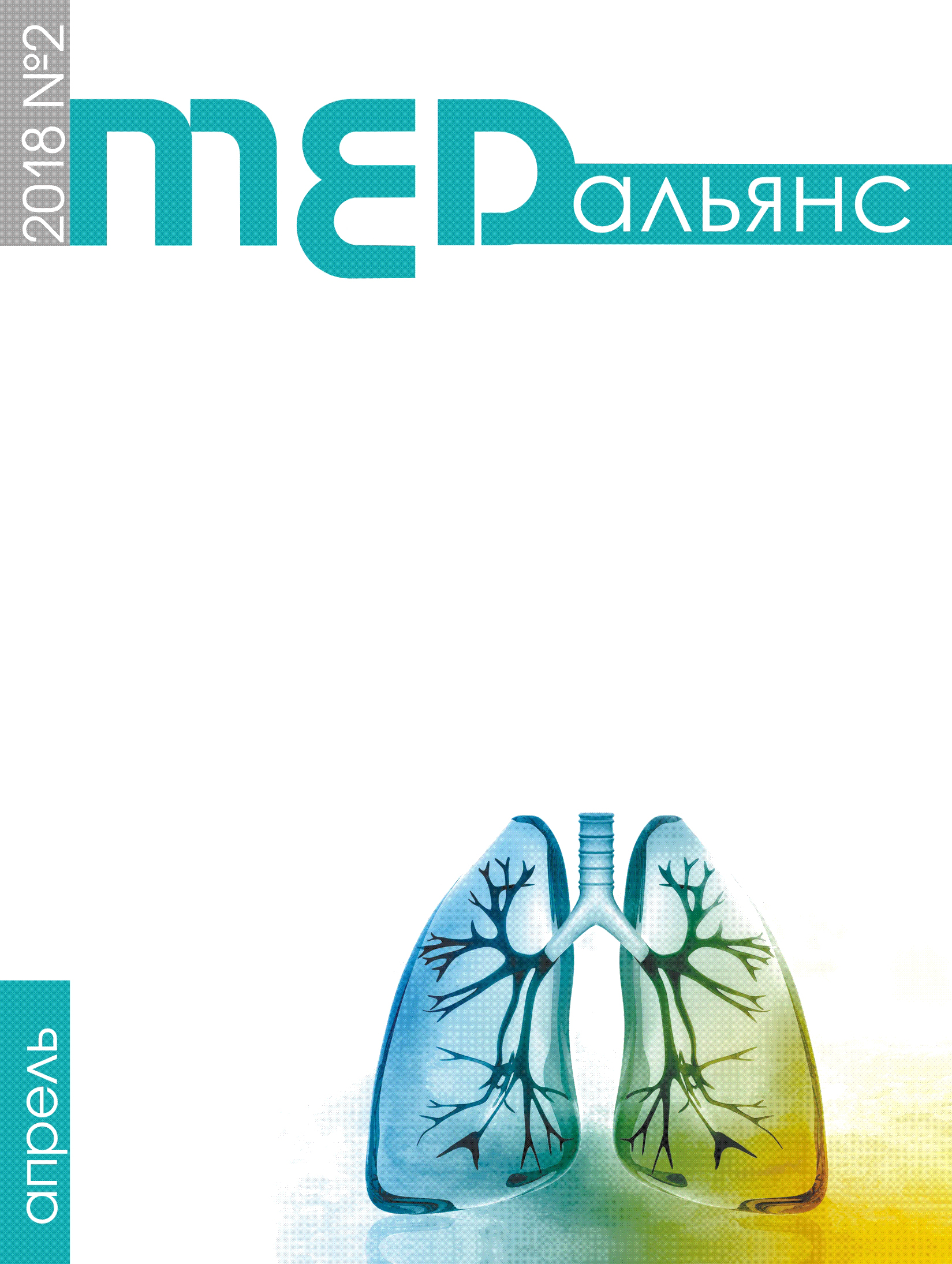Abstract
The review presents an analysis of scientific publications of the last five years devoted to the search for biological markers for assessing the severity of community-acquired pneumonia (CAP), therapy monitoring, and predicting the disease outcome. C-reactive protein and procalcitonin are the most popular laboratory markers of CAP, and pro-adrenomedullin may become a prognostic marker of the future. As biomarkers of pneumonia, whose concentrations in the blood are determined in the first hours upon admission to the hospital, various protein molecules are proposed - acute-phase proteins, cytokines, chemokines, signaling molecules, hormones. The sensitivity and specificity of most of them are insufficient for an objective assessment of the individual patient. New approaches relate to the search for genomic markers that predispose to CAP, and metabolic profiling based on an analysis of the low molecular weight metabolites net in the patient's blood sample.

